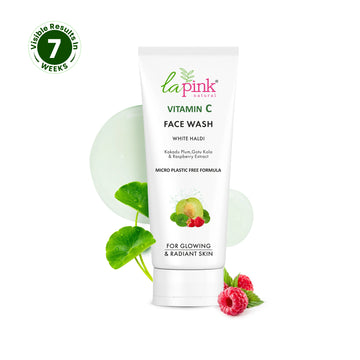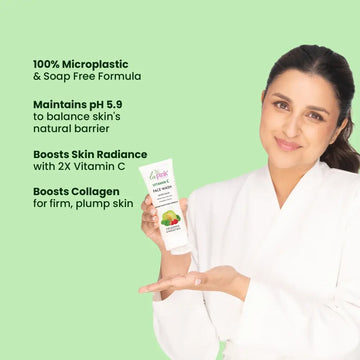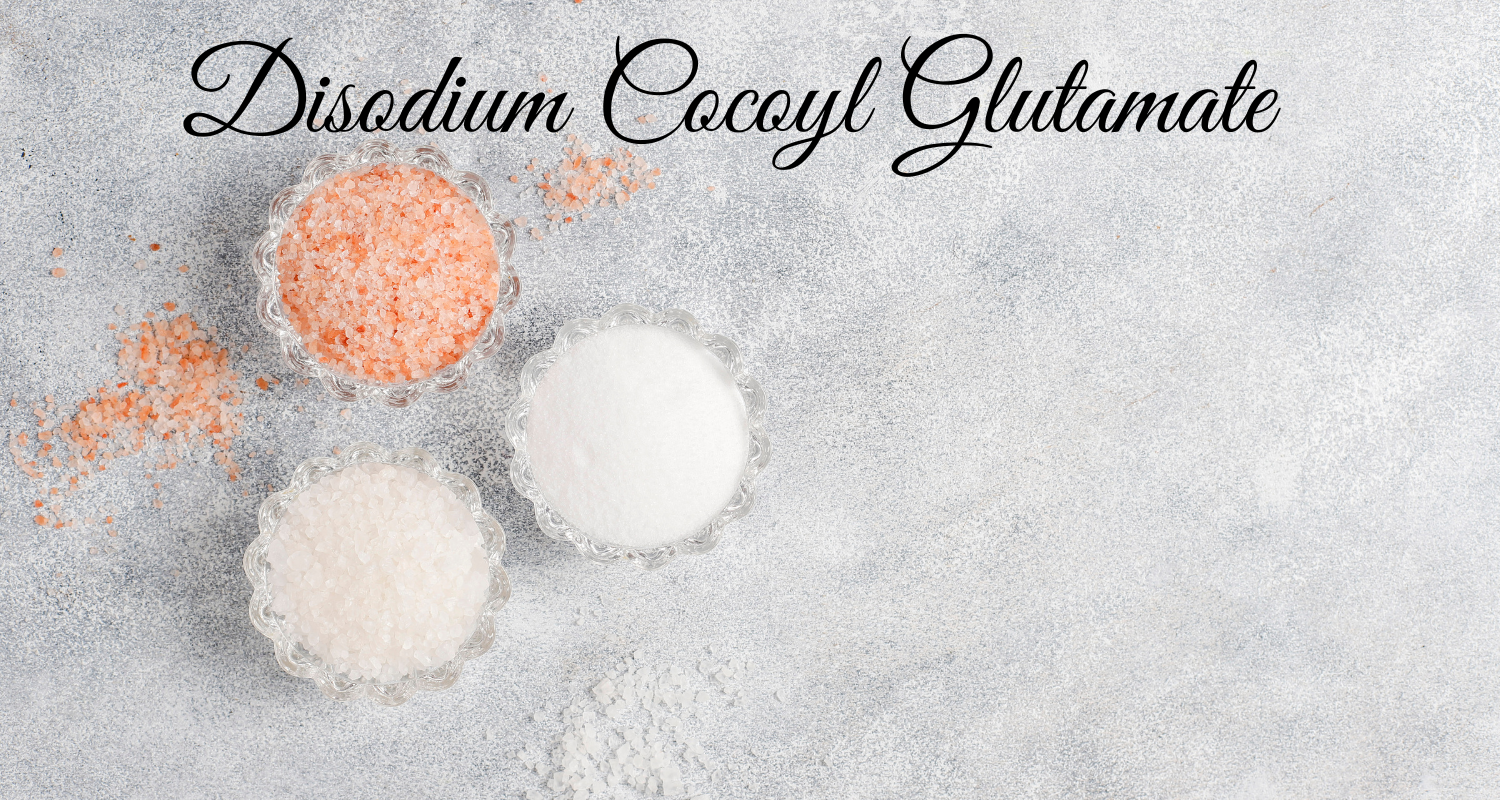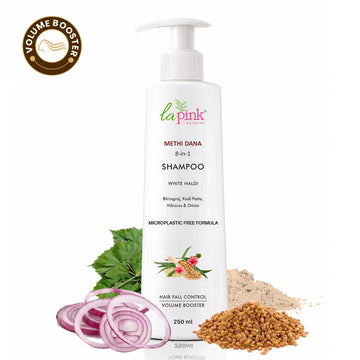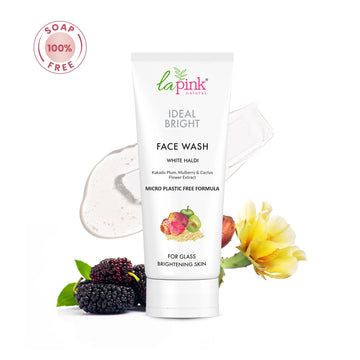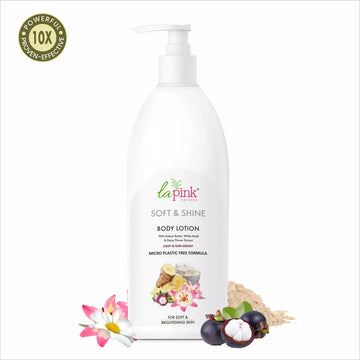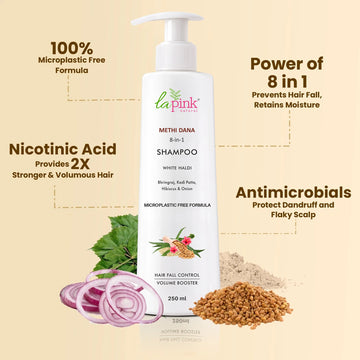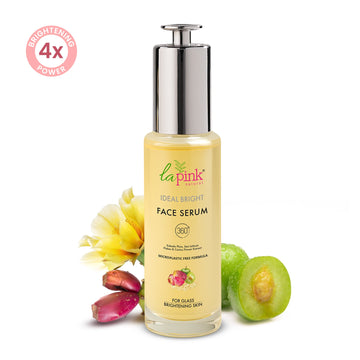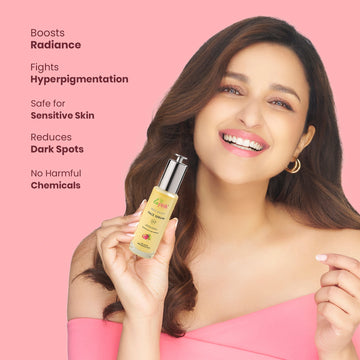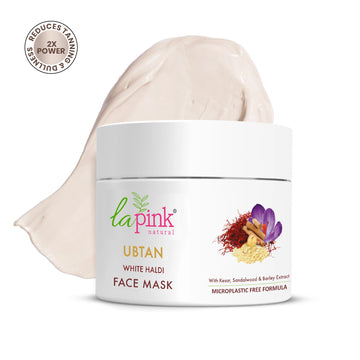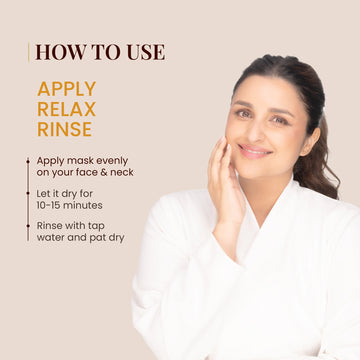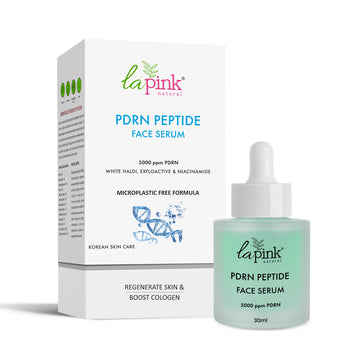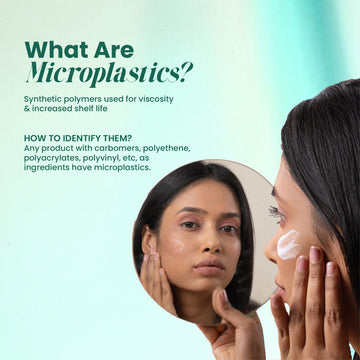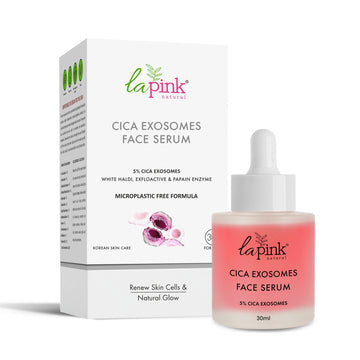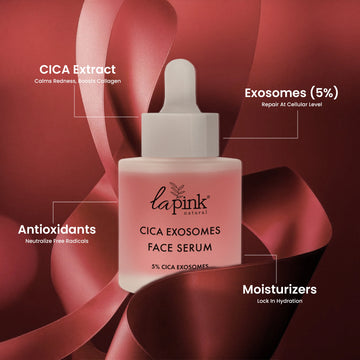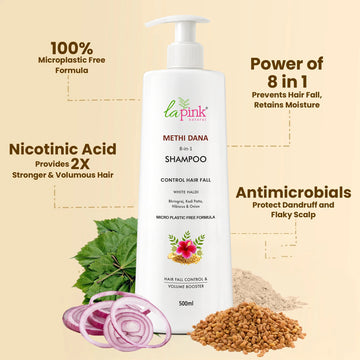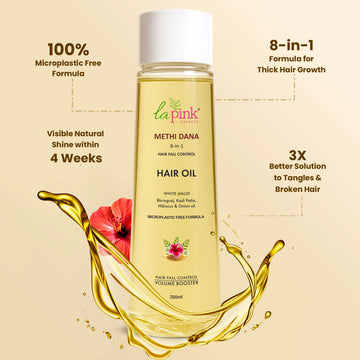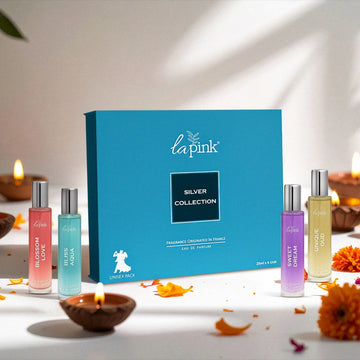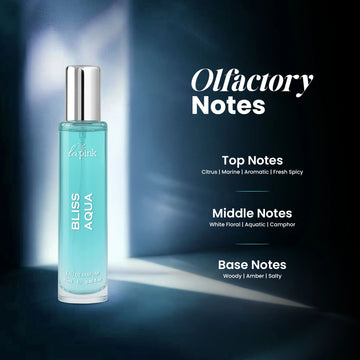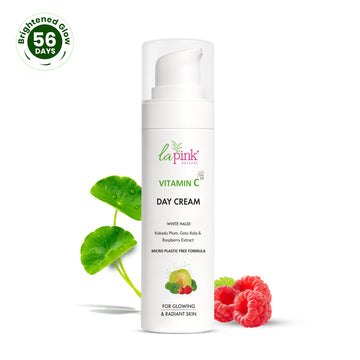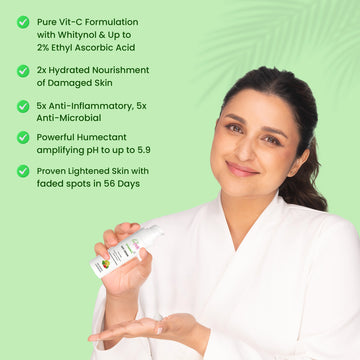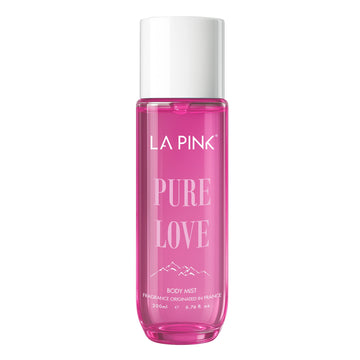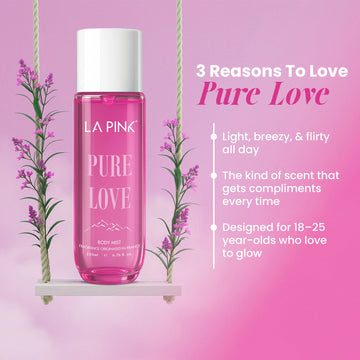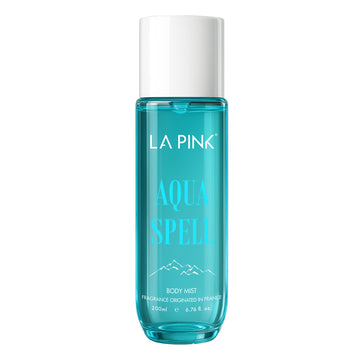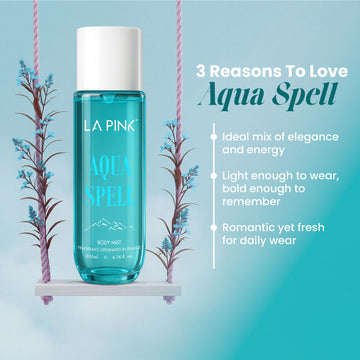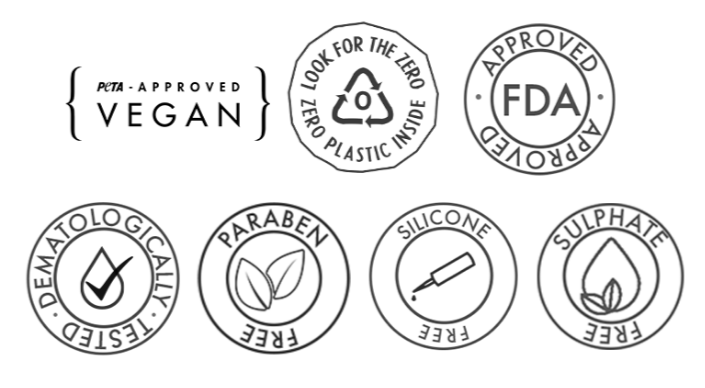FAQs
What is Disodium Cocoyl Glutamate?
Is Disodium Cocoyl Glutamate safe for the skin?
What are the benefits of Disodium Cocoyl Glutamate in skincare?
How does Disodium Cocoyl Glutamate compare to traditional surfactants?
Is Disodium Cocoyl Glutamate biodegradable?
Can Disodium Cocoyl Glutamate cause allergic reactions?
In which types of products is Disodium Cocoyl Glutamate commonly used?
Is Disodium Cocoyl Glutamate suitable for all skin types?
Does Disodium Cocoyl Glutamate produce foam?
Is Disodium Cocoyl Glutamate safe for use during pregnancy?
Load More...
Blog posts
VIEW ALLपिंक लिप्स के लिए लिप बाम: होंठों को नैचुरली सॉफ्ट और ग्लोइंग बनाने का राज़
OCTOBER 26, 2025
अनुक्रमणिका: पिंक लिप्स के लिए लिप बाम: होंठों को नैचुरली सॉफ्ट और ग्लोइंग बनाने का राज़ गुलाबी होंठों के लिए प्रभावी लिप बाम कैसे चुनें? बेस्...
READ MORE +How to Get Naturally Pink Lips with Daily Lip Care
OCTOBER 22, 2025
Table of Contents Introduction The Root Cause: Why Lips Lose Their Natural Pink Hue Daily Lip Care Routine: The 3 Pillars Microplastic-Free &am...
READ MORE +ग्लोइंग स्किन के लिए बेस्ट क्रीम कौन-सा प्रोडक्ट आपके बजट में बेस्ट रहेगा
OCTOBER 21, 2025
अनुक्रमणिका: ग्लोइंग स्किन के लिए बेस्ट क्रीम: कौन-सा प्रोडक्ट आपके बजट में बेस्ट रहेगा? अपनी त्वचा के प्रकार को जानें: पहला और सबसे ज़रूरी कदम ...
READ MORE +

